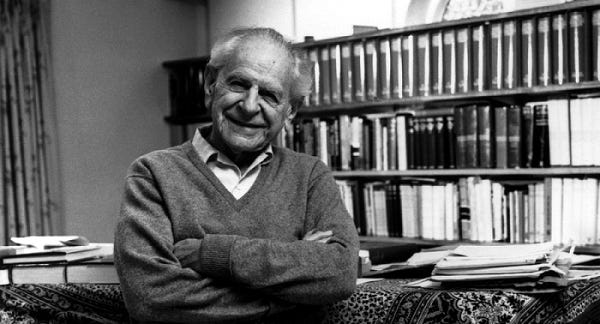Why Smart People Fall for Conspiracy Theories?
It is a perplexing paradox of our time: why do individuals who are otherwise considered intelligent, rational, and educated find themselves drawn to conspiracy theories? Despite their capacity for critical thought, many are captivated by unfounded narratives that offer simplistic explanations for complex and distressing events, from global pandemics to economic crises.
These theories often serve as psychological coping mechanisms, providing a sense of control and understanding in a world that feels chaotic and uncertain. They flourish in the fertile ground of fear and mistrust, promising exclusive access to a hidden truth.
Central to deconstructing this phenomenon is the work of philosopher Karl Popper. His staunch advocacy for falsifiability—the idea that a theory must be testable and potentially provable as false to be scientific—provides a powerful lens through which to critique the unfalsifiable claims at the heart of most conspiracy theories. Popper argued that societal outcomes are more often the result of complex, unplanned human actions rather than sinister, orchestrated plots.
This exploration delves into the psychological drivers, cognitive biases, and sociocultural currents that make even the sharpest minds susceptible. From the innate human desire for certainty to the echo chambers of social media, we will examine the forces that fuel conspiratorial thinking and consider what is required to foster a society grounded in critical inquiry and intellectual humility.
The Historical Roots and Nature of Conspiracy Narratives
Defining the Conspiracy Theory
A "conspiracy theory" is not merely a theory about a real-world conspiracy. It is distinguished by its opposition to the mainstream or official account of events, particularly as understood by relevant experts like scientists and historians. Adherents often see themselves as enlightened individuals who have uncovered a suppressed truth, setting them apart from a populace that passively accepts official narratives.
As author Michael Barkun described, conspiracy theories are like "templates imposed upon the world to give the appearance of order to events," reflecting a deep-seated human tendency to seek patterns and assign agency, even where none exists.
A Look at History vs. Theory
While history is certainly not devoid of genuine conspiracies, these real plots rarely match the sweeping, all-encompassing scale of the narratives promoted by theorists. Conspiracy theories often posit the existence of immensely powerful, clandestine organizations orchestrating major global events. Such claims are typically unsubstantiated by credible evidence.




